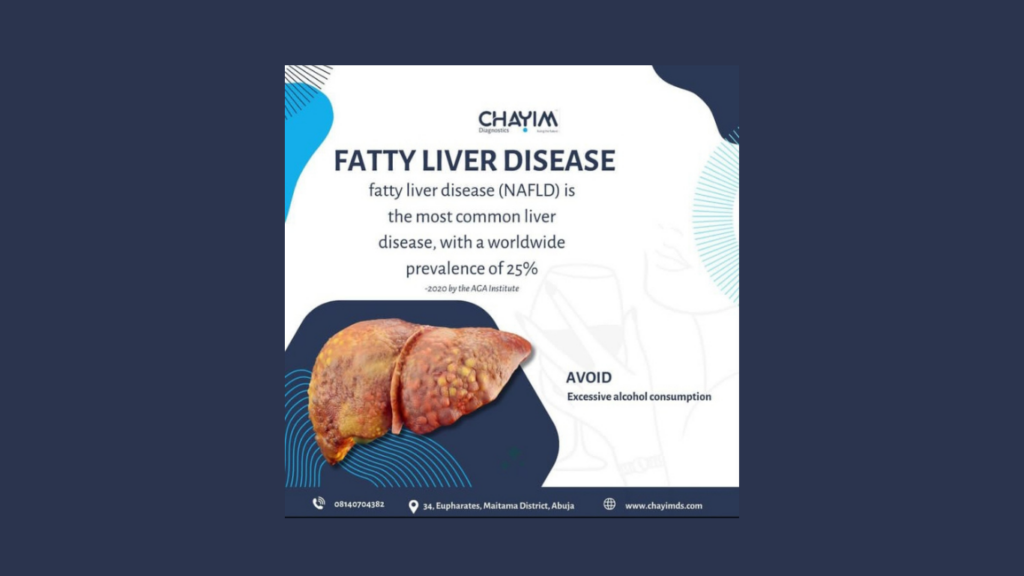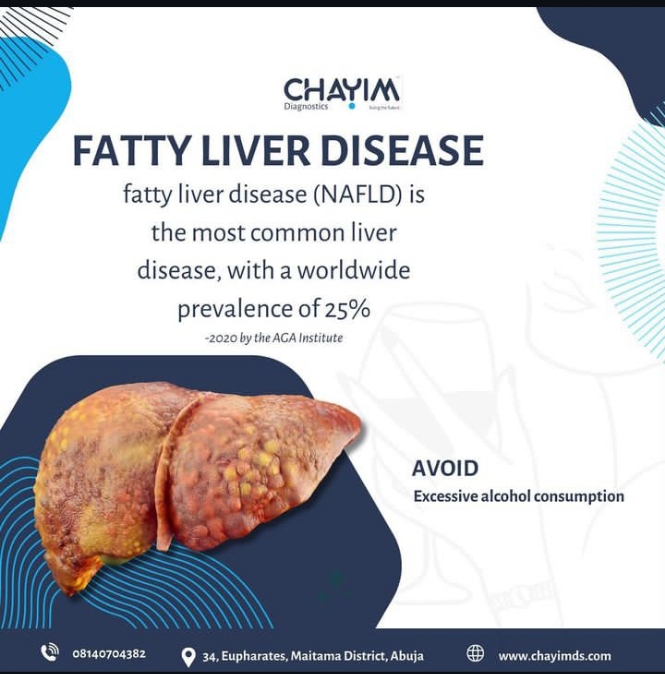Understanding Fatty Liver and the Detriment of Alcohol Intake

Fatty liver disease, also termed hepatic steatosis, is a condition characterized by the accumulation of excess fat in the liver. While it can be caused by various factors, excessive alcohol intake is a significant contributor.
This blog will delve into understanding what fatty liver disease is, how alcohol contributes to its development, the symptoms, and why it’s crucial to manage alcohol consumption to maintain liver health.
This article will provide an in-depth look at the different types of viral hepatitis, their symptoms, and distinguishing characteristics.
Fatty liver disease can be generally divided into two main types:
Non-Alcoholic Fatty Liver Disease (NAFLD):
This form is not related to alcohol consumption and is often associated with obesity, insulin resistance, and metabolic syndrome.
Alcoholic Fatty Liver Disease (AFLD):
This form is directly related to excessive alcohol intake.
How Alcohol Contributes to Fatty Liver Disease
The liver is responsible for metabolizing alcohol. When you consume alcohol, your liver breaks down so it can be removed from the body. However, excessive alcohol consumption over time can overwhelm the liver, leading to the accumulation of fat within liver cells. This process can result in alcoholic fatty liver disease.
The Detriment of Alcohol Intake on Liver Health
Excessive alcohol consumption can lead to a series of liver-related issues:
Fatty Liver (Steatosis):
This is the earliest stage of alcohol-related liver disease, where fat accumulates in the liver. It is often asymptomatic but can progress to more severe conditions if alcohol consumption continues.
Alcoholic Hepatitis:
Continued alcohol intake can cause inflammation and damage to liver cells, leading to alcoholic hepatitis. Symptoms may include jaundice, fever, and abdominal pain.
Fibrosis and Cirrhosis:
Chronic inflammation and liver damage can lead to fibrosis (scarring) and eventually cirrhosis, a severe and irreversible condition that impairs liver function.
Symptoms of Fatty Liver Disease
In its initial stages, fatty liver disease often presents without noticeable symptoms. However, as the condition progresses, symptoms may include:
- Fatigue
- Abdominal discomfort
- Jaundice (yellowing of the skin and eyes)
- Swelling in the abdomen and legs
The Importance of Reducing Alcohol Intake
Reducing alcohol consumption is crucial in preventing and managing fatty liver disease. Here’s why:
Reversibility:
In the early stages, fatty liver disease is reversible with lifestyle changes, including reducing or eliminating alcohol intake.
Preventing Progression:
Lowering alcohol consumption can prevent the progression of fatty liver disease to more severe conditions like alcoholic hepatitis and cirrhosis.
Overall Health Benefits:
Reducing alcohol intake can improve overall health, including better management of weight, blood pressure, and mental well-being.
Managing and Preventing Fatty Liver Disease
Limit Alcohol Consumption: The World Health Organization in their article on Alcohol recommends it should be taken in moderation if you choose, to reduce the risk of harm.
Healthy Diet: A balanced diet rich in fruits, vegetables, whole grains, and lean proteins can help reduce liver fat.
Regular Exercise: Physical activity can help manage weight and improve liver health.
Medical Consultation: Regular check-ups and liver function tests can help monitor liver health and catch any issues early.
Fatty liver disease, particularly when caused by excessive alcohol intake, is a serious health condition that can lead to severe liver damage if not managed properly. By understanding the impact of alcohol on liver health and making informed lifestyle choices, individuals can prevent the onset of fatty liver disease and protect their liver from long-term damage.
At Chayim Diagnostics, we are committed to helping you maintain optimal liver health. Schedule a liver function test today and take the first step towards a healthier future. Remember, reducing alcohol intake can make a significant difference. Stay informed, stay healthy, and let’s work together to combat liver disease.


Responses